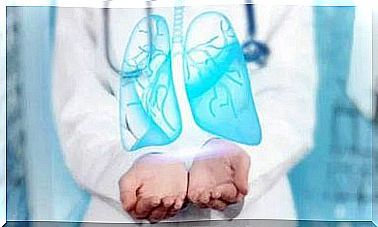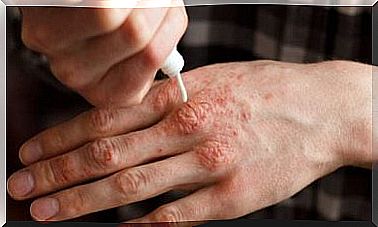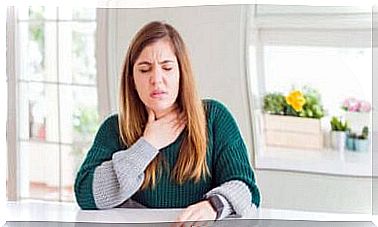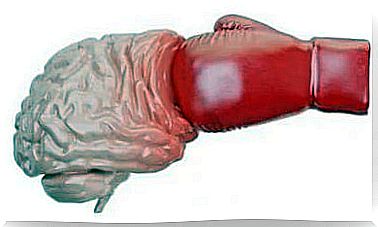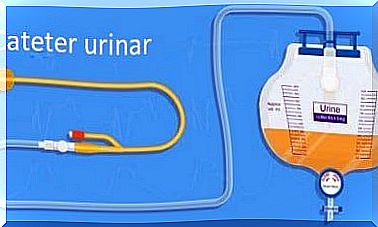7 Of The First Symptoms Of Colon Cancer

Colon cancer is one of the most dangerous and deadly types of cancer. According to the World Health Organization, this disease affects 10-15% of the population. Therefore, it is good to know what are the main symptoms of colon cancer.
Colon cancer occurs when cells in this organ grow abnormally, causing inflammation in the lining of the large intestine. As with other cancers, it can attack the body very quickly, causing various difficulties.
You are at high risk of developing colon cancer if you have colon polyps, a family history of this disease, or if you suffer from ulcerative colitis.
Early detection of the disease and appropriate medical treatment can increase the life expectancy of people diagnosed with this type of cancer. That is why it is good to know the first signs that indicate its presence in the body and to go to the doctor as soon as possible.
Here are 7 symptoms of colon cancer that you need to pay special attention to.
1. Changes in intestinal transit can be symptoms of colon cancer
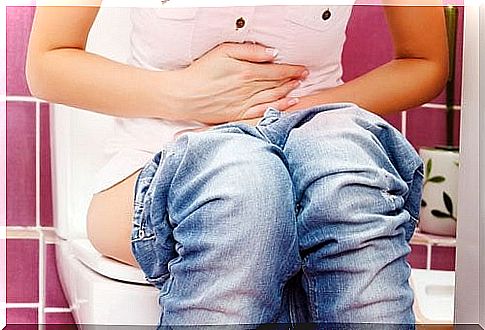
Both constipation and diarrhea can occur as a result of irregularities in the cells of the colon. If you regularly experience symptoms such as incomplete stools, fecal incontinence and thin stools, it is advisable to go to the doctor.
Although the symptoms mentioned above can occur frequently as a result of certain harmful habits, it is good to consider the possibility of colon cancer.
2. Blood stools
According to specialists at the Cleveland Clinic, the presence of blood in the stool is one of the most important symptoms of colon cancer. Although there are several conditions that can cause this symptom, its appearance can indicate the presence of tumors in the intestines.
In addition, bloody stools occur frequently in people prone to diseases such as:
- Gastritis
- Ulcerative colitis
- Crohn’s disease
- Horny constipation
3. Anemia
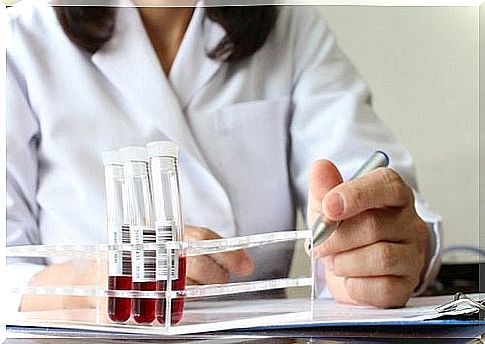
Anemia is a disease caused by a decrease in the number of red blood cells (erythrocytes). They have the role of transporting oxygen throughout the body.
Anemic people experience severe episodes of fatigue and weakness, even if they eat healthy and get a good night’s rest.
Although anemia can be caused by genetic factors, poor nutrition or excessive blood loss, one of the causes can be colon cancer.
4. Abdominal pain
It is difficult to associate abdominal pain with colon cancer, as indigestion or common stomach problems are often the cause of this discomfort.
However, if the pain manifests itself frequently and has no explanation, it is important to go to a specialist to do the necessary investigations.
If the pain occurs suddenly, this may indicate that the environment in the intestines is undergoing some changes. It may be changes in the bacterial flora or abnormal cell development.
5. Sudden weight loss
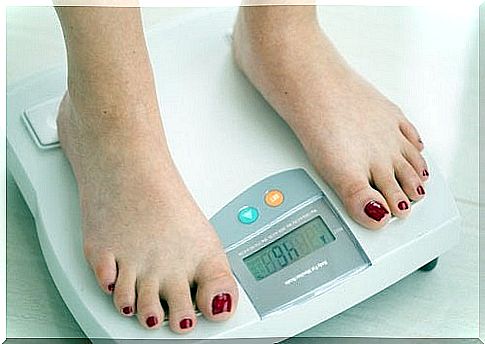
Of course, most people want to lose weight. However, the methods used are diet and exercise. When weight loss is sudden and rapid, it always indicates a health problem.
If you suffer from colon cancer, your appetite may decrease, leading to a nutrient deficiency.
6. Vomiting
Vomiting caused by indigestion or other digestive problems is normal and usually goes away within a few hours. However, if the need to vomit is a recurrent, involuntary symptom and occurs without explanation, it may be a cause for concern.
Although there are many conditions that can cause vomiting, do not forget that colon cancer is one of them. The reason is the abnormal behavior of the cells in the intestines.
Vomiting brings with it other symptoms, such as dehydration, fatigue and gastric hyperacidity.
7. Excess intestinal gas

Excess intestinal gas is caused by changes in the bacterial flora due to the development of colon cancer.
Of course, it is a symptom associated with other changes in the body. Certain foods, common ailments or unhealthy habits can also cause gas.
It is important to know how to identify these symptoms and observe how often they recur. This way, you can detect colon cancer in time.
If you have at least two of these symptoms of colon cancer, we recommend that you see a doctor for proper investigations.
